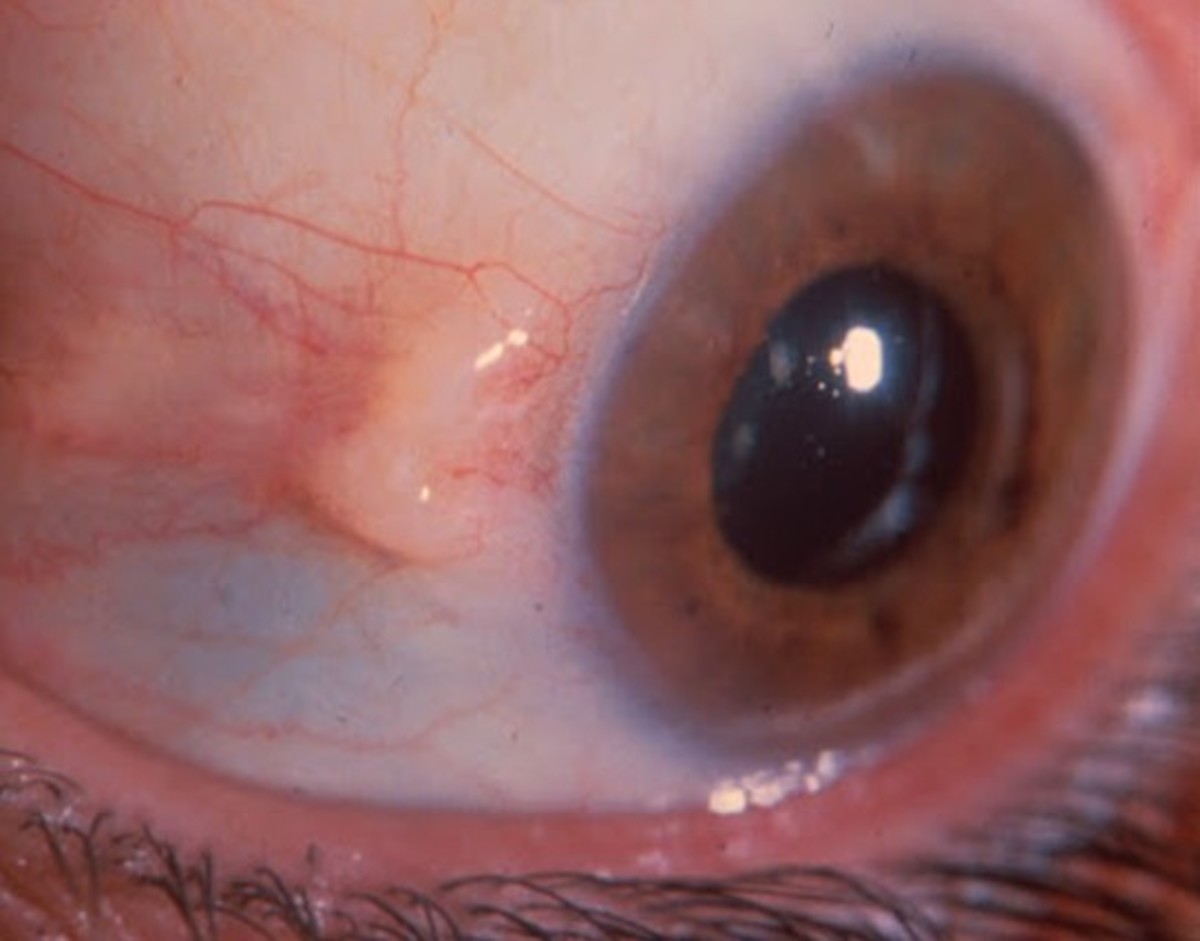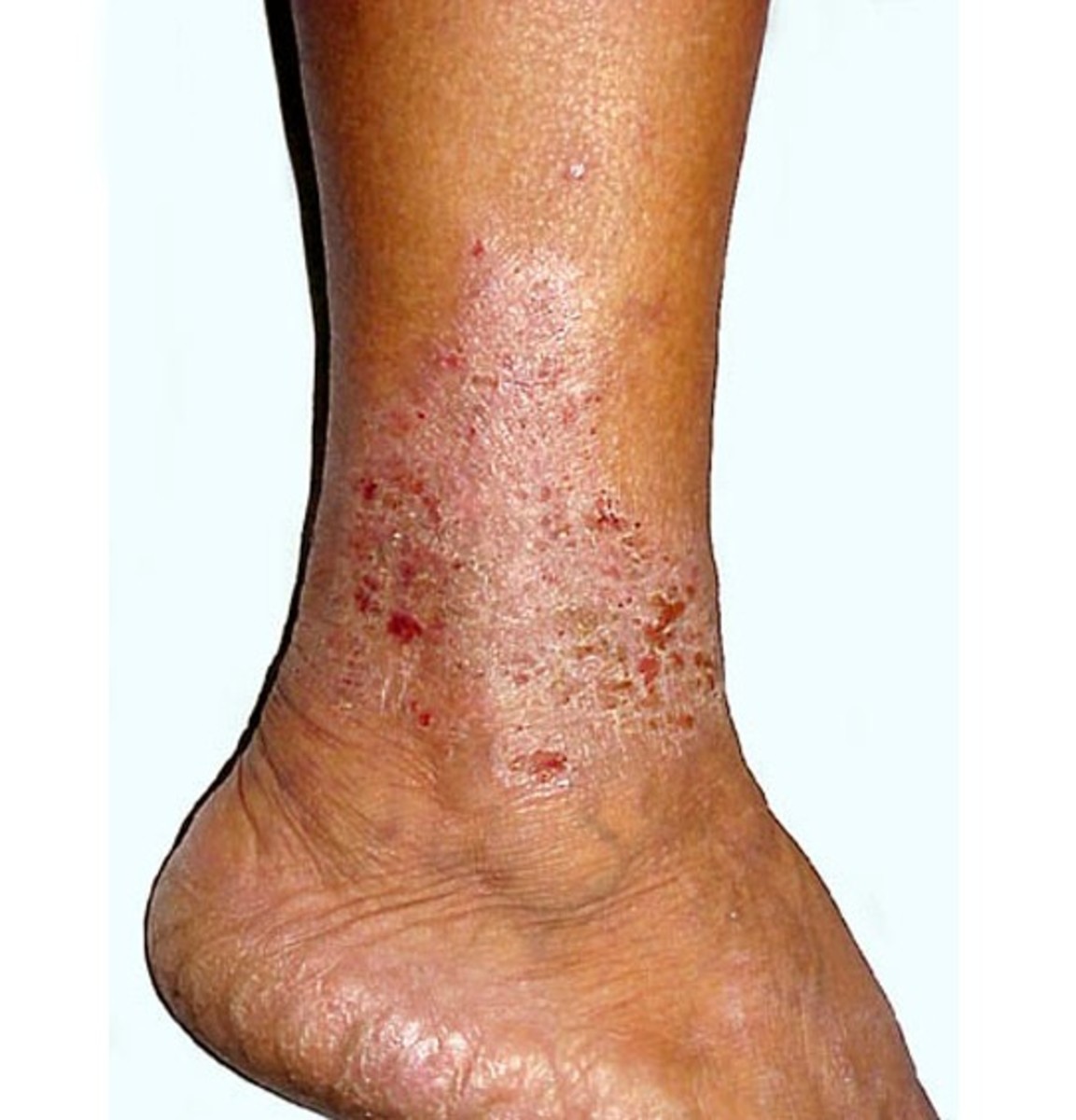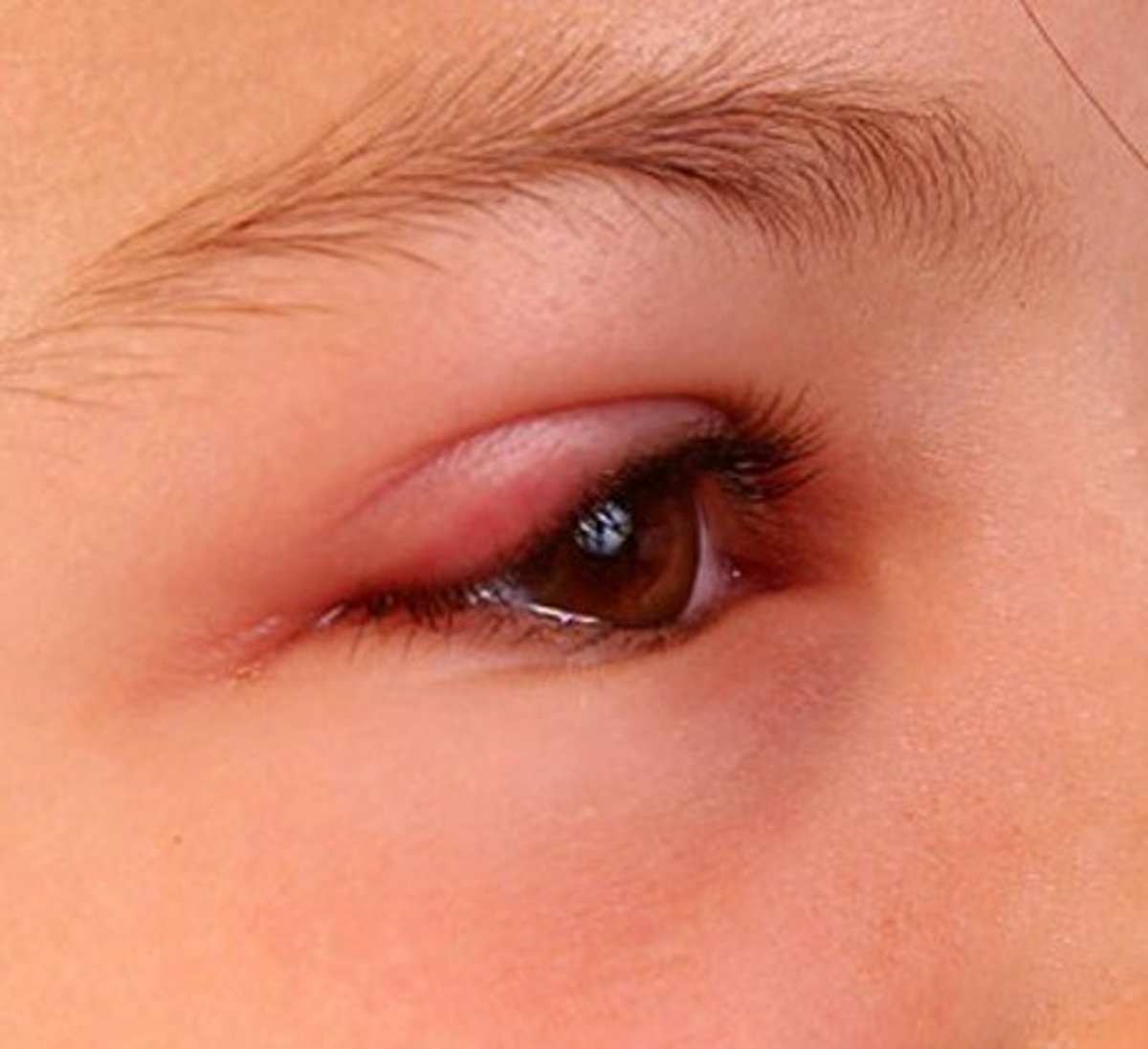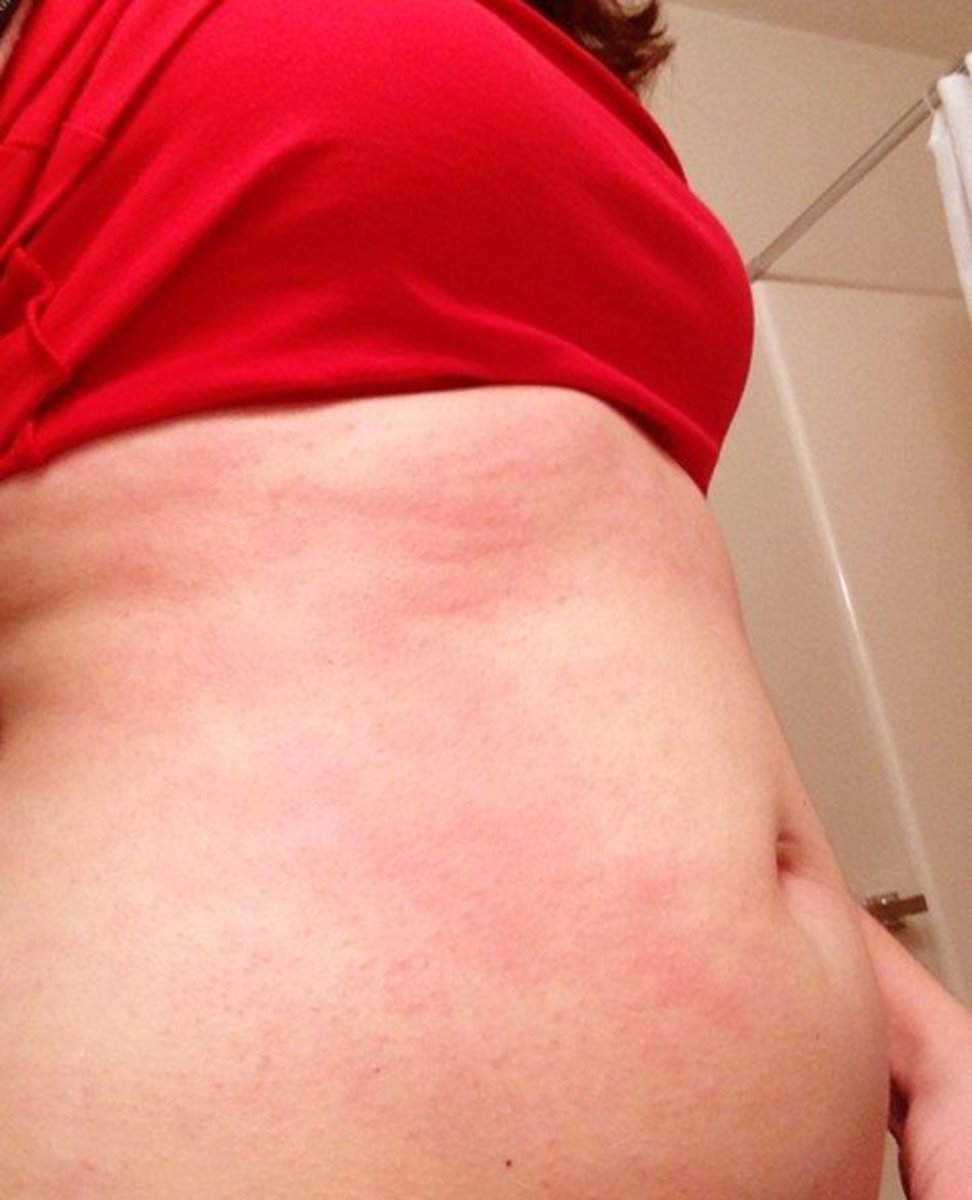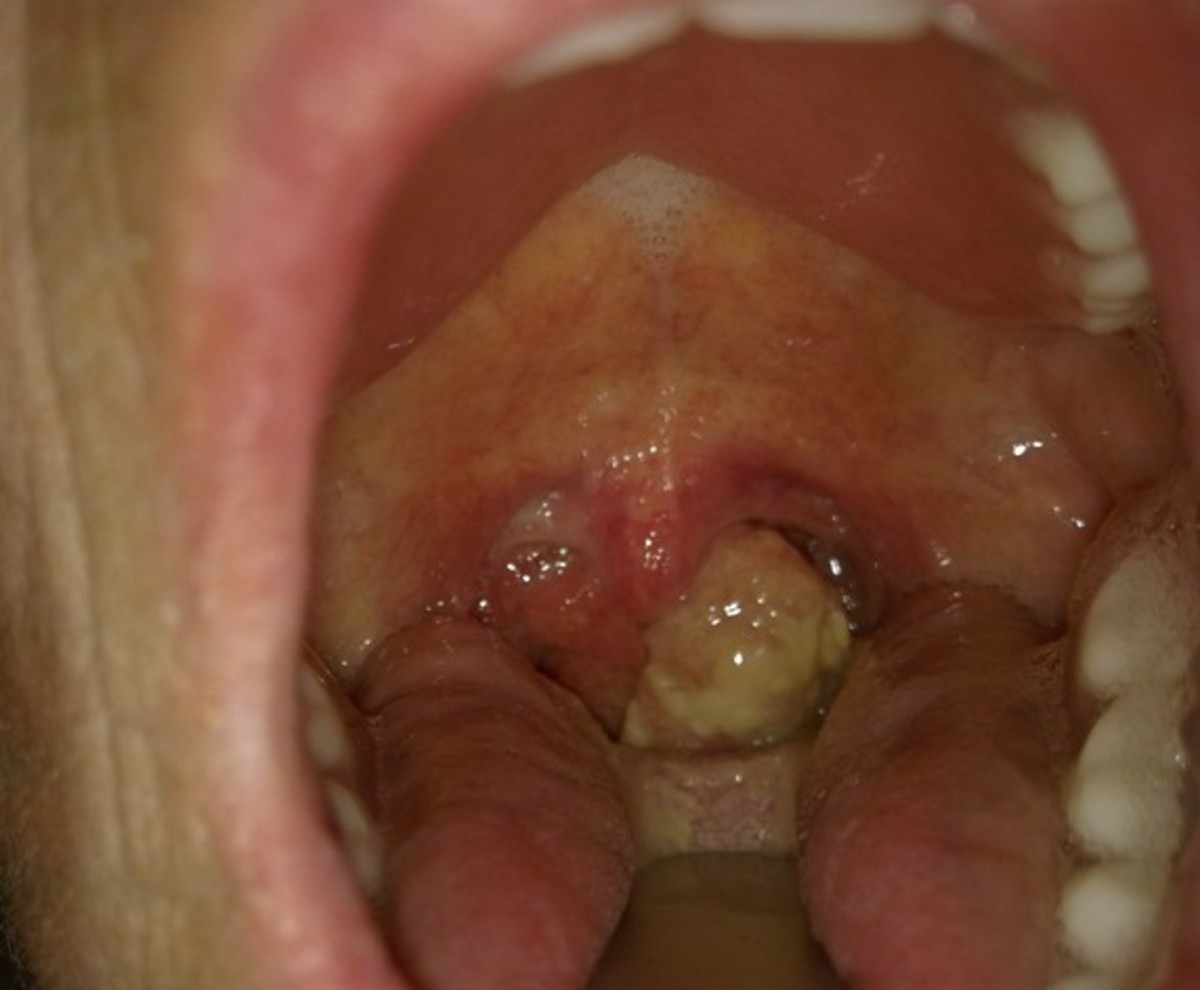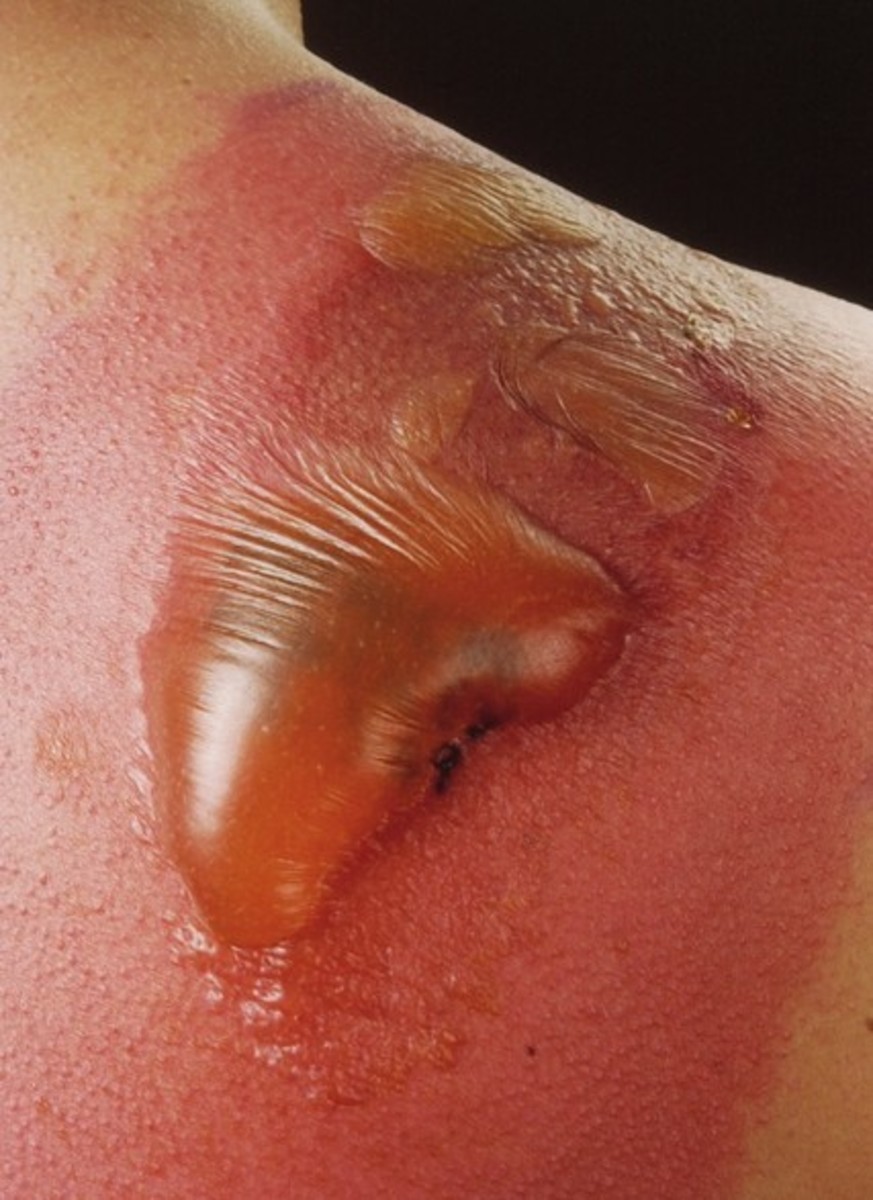Coughing up Blood - Causes, Diagnosis, Treatment

What does Coughing up Blood mean?
The medical terminology for this is hemoptysis and it can be a symptom of a medical condition that is serious. Usually the blood is coming from your respiratory tract such as from your throat and lungs. It is the production of bloody mucus or blood. When you are coughing up blood it could be frothy or bubbly because it is mixed with the mucus and air from your lungs. It could a large amount of blood, which would be a teaspoon or more, or mucus that appears streaked with blood. The blood could be pink, brick-colored, or bright red.
Causes
There are many different reasons that a person would be coughing up blood. Some of those causes could include:
- Having either chronic or acute bronchitis is normally the most common cause and is usually not life threatening.
- Bronchiectasis which is a condition where the airways that carry the air in and out of the lungs become damaged.
- Having non-malignant lung tumors or cancer of the lungs
- Having pneumonia
- Having a pulmonary embolism which is a blood clot in your lungs
- Having congestive heart failure, especially if the cause is "mitral stenosis".
- Having tuberculosis
- Having autoimmune or inflammatory conditions such as "lupus".
- Having "pulmonary arteriovenous malformations".
- Using crack cocaine
- Trauma like a car accident or a gunshot wound to your chest.
- Having pulmonary aspiration which is breathing blood into your lungs.
- Having cystic fibrosis
- Having vasculitis which is inflammation of your blood vessels in your lungs.
- Having an injury to the arteries of your lungs.
- Having COPD or emphysema
- Throat irritation due to excessive coughing, many times caused by smoking.
- Having certain procedures and tests done could cause a person to cough up blood as a side effect such as having a tonsillectomy, a biopsy on your upper airway, or having a laryngoscopy.
Coughing up blood could also come from bleeding outside of your airways and lungs. If you are vomiting blood from your stomach or having a nosebleed that is severe, the blood could drain into your windpipe and then when you cough it up it could appear as if you were coughing up blood. In some people they cannot find a cause as to why they are coughing up blood and if this is the case they usually stop six months later and are no longer coughing up blood.
Diagnosis
In order to diagnosis the cause of your coughing up blood the physician will ask you about the amount of blood you have coughed up, how often it has happened, how long it lasts for, and what color it was. They may order a lung biopsy, chest x-ray or CT scan. Your physician may also do a sputum culture and examination along with a blood test.
Treatment
When you are coughing up blood, the treatment used is for the purpose of stopping the bleeding along with treating the reason that you are coughing up blood. It is a mild case it will usually go away on its on and no treatment is necessary but your physician should do a check-up to see what caused it. Some of the treatments that may be used are:
- Bronchoscopy - in this treatment the physician has tools on the end of the endoscope that may be used to treat some of the causes of coughing up blood. For example, the physician may have a balloon inflated inside your airway to help stop the bleeding.
- Bronchial artery embolization - your physician will advance the catheter through your leg into one of the arteries that is supplying blood to your lungs. Then dye is injected and the physician can view the arteries on a screen to help identify where the bleeding is coming from. Using metal coils or some other material the artery is blocked. This will usually stop the bleeding and the other arteries in your lungs will compensate for the artery that is blocked.
- Having surgery if it is serious and life-threatening to remove your lung, which is called pneumonectomy.
- Laser therapy to remove the tissues that are causing the bleeding.
In addition, the physician will also address the underlying cause by choosing these different treatments if the underlying cause is:
- Tuberculosis or pneumonia then your physician will prescribe antibiotics.
- Lung cancer they can use radiation and/or chemotherapy
- Inflammatory condition the physician can prescribe steroids.
- Lung cancer, persistent traumatic bleeding, or a blood clot you may have to have surgery on your chest.
If you have thin blood because of certain medications like blood thinners and you are coughing up blood you may have to take other medications to help curb the blood loss or have a blood transfusion. Most people who require treatment for coughing up blood are treated in a hospital until they have identified what is causing the problem and you are not seriously bleeding.
If you are coughing up a little blood due to a dry throat or irritation of your throat you can use cough suppressants. If you are coughing up blood for several days or it appears to be a lot you should get immediate emergency treatment. When you go to your physician to find out the cause for your coughing up blood your physician will do a physical exam, including checking your chest and lungs.

